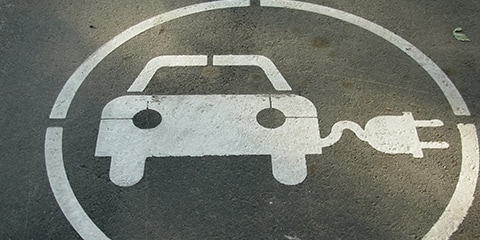As electricity prices continue to rise sharply, this has had an obvious knock on effect on the cost of charging an electric vehicle. Recent news stories are reporting that the cost of charging an EV is now reaching parity with filling up at the pump. So is let’s see how charging your EV compares to petrol and diesel vehicles.
RAPID CHARGING
The cost of using a public DC rapid charging unit has increased by more than 40% since May 2022. The average cost is now around 63p per kWh. What this means in in real terms is a cost of around 18p a mile according to the RAC, but whether this factors in calculations made for winter or summer driving or eco mode vs not so eco mode is unclear.
Comparing this cost to a petrol car driving at 40 miles to the gallon and the cost per mile is around 19p per mile. Diesel prices are currently around 15% higher than petrol prices in the UK, which puts the cost per mile near to 22p.
HOME CHARGING
Compare this to charging your EV at home and the difference is starker. Using Octopus Energy rates from October 1st 2022 and the RAC’s 18p rapid charging calculation for comparison, the Octopus Energy day rate prices are 41.5p per kWh and night rate is 16p per kWh. So if you charge your EV using the Octopus Energy day rate, there is a 34% decrease in price between charging your EV at home and using a rapid charger. Compare that to the night rate (between 00:30 and 04:30) and there is a 75% decrease. In terms of pence per miles, that’s 12p per mile (day rate charging) and 4.5p per mile (night rate).
Not good news for EV owners that rely on rapid charging to keep their vehicles on the go and hopefully, the cap on wholesale energy prices will mean that electricity prices will begin to fall back next year. If the VAT rate of 20% levied on rapid charging is cut, this will mean cheaper rates, but that is not looking likely at the moment.
EV owners who can charge using a 7kW wall box outside their home can still benefit from cheaper mileage costs compared to petrol and diesel vehicles, but this only extends to property owners who have a driveway. Otherwise, it means topping up at a mains socket using a Type 2 to 3 pin charger or, if it’s practical to do so, installing a 32A Commando socket in your home so you can charge at 7kW with a Type 2 to Commando charger. For calculating the cost of charging an EV at a workplace, you can use the kWh costs charged by your electricity provider or landlord.
Weighing the benefits of EV ownership against the costs of purchasing an EV it is clear that the rise in electricity prices is going to make some consumers think twice about making the jump to buying a fully electric or Hybrid vehicle. However, it is still the case that the long term costs of owning an EV and the environmental impact of driving an EV are still good reasons for making that jump.



